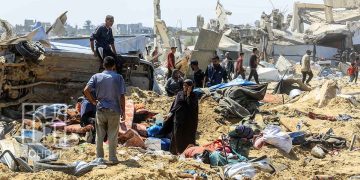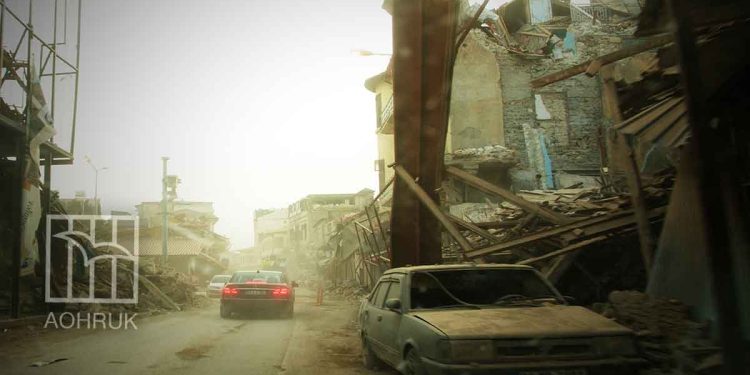Syria has experienced one of the worst humanitarian crises in modern history since the war began in 2011, with millions of people displaced and essential infrastructure, such as hospitals, schools, and water networks, destroyed.
For over ten years, Syria has been dealing with a government that has made the humanitarian crisis worse by enforcing harsh laws that have blocked access to international aid and kept it from getting to the impacted regions.
Reconstruction and humanitarian aid are now more important than ever after the fall of the Assad regime in December 2024.
Doctors Without Borders (MSF) has ramped up its humanitarian efforts in Syria, saying that over 70% of the population still needs humanitarian assistance.
MSF’s medical coordinator in Syria, Carlos Arias, stated that humanitarian efforts face “major challenges amid increasing needs of the population,” given a severe lack of funding that only meets one-third of the essential requirements.
Arias explained that patients are dying from treatable illnesses due to the lack of medicines, while hospitals that are still operational struggle to provide adequate care amid severe shortages.
He highlighted that disease outbreaks remain rampant due to insufficient water and sanitation services, while the lack of heating materials during winter has worsened the plight of many Syrians.
According to Arias, the health situation in Syria is “very critical,” particularly in Aleppo and Damascus, where a shortage of medications for easily treatable illnesses is killing people.
According to the World Health Organization (WHO), 20 hospitals in Syria remain completely non-operational, and 38 are functioning only partially.
Arias stressed that rebuilding Syria’s shattered infrastructure will require significant financial aid from the international community.
He said that the current funding is far from sufficient to meet the growing needs, calling on international donors to bridge the funding gaps.
Despite the challenges, Arias expressed hope that Syria’s reliance on humanitarian aid will eventually decline.





























